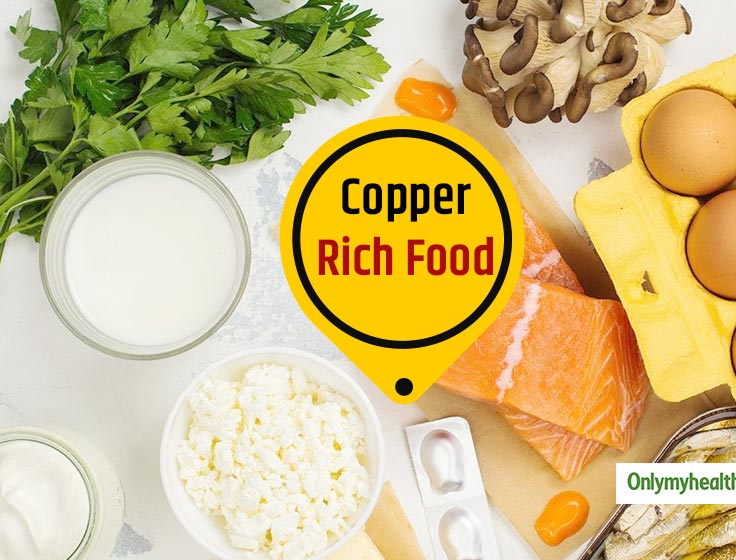It is a trace element that needs quantities and necessities, such as selenium because it has the role of keeping the veins, skin, nails and brain system in tune. In addition to these benefits, it is also an antioxidant with the role of protecting you from moderate and/or seasonal psychological illness.
If you lack this, you may have disorders of sexual appetite and even optimal levels of hormones involved infertility. It also prevents the symptoms associated with osteoporosis and cholesterol. Before we get into foods high in copper, let’s look at the quantities that are needed.
Depending on age, people need the following amounts of copper:
- Adults: between 1.5 and 3 mcg.
- Adolescents: between 1.5 and 2.5 mcg.
- Children: Between 1 and 2 mcg.
- Babies: less than 1 mcg.
Foods rich in copper that should be included in people’s diet are:
- dry yeast, one teaspoon is reached because it has in its composition 35 mcg. Yeast also has B vitamins and other micronutrients.
- depending on its origin and nutrition, you can consume an oyster or 2. One can benefit from 150 mcg. It is also rich in zinc.
- 50 grams of red beef liver, can also benefit from 150 mcg. I recommend that these foods should not be consumed in excess, as they also have significant amounts of harmful toxic waste.
- 100 grams of whole wheat bread has 2300 mcg. In conclusion, by incorporating this cereal into your diet, even if you want to lose weight, you already have the recommended daily amounts. It is worth remembering that the biological or ecological type has more micronutrients and is of better quality. Another option is sprouting (not grass or grass) wheat that reaches 900 mcg.
- Emmental cheese can benefit from 1000 mcg and is considered one of the richest foods in copper, among dairy products.
- in addition to all this, legumes and derivatives of soy, cocoa, and its derivatives, avocados, and potatoes are considered trace elements
- the squid benefits from 1800 mcg per 100 gr clean product. Besides his benefits, he is also very good and safe for human health.
- sunflower seeds benefit from 1800 mcg. They are also an important source of another antioxidant: vitamin E.
